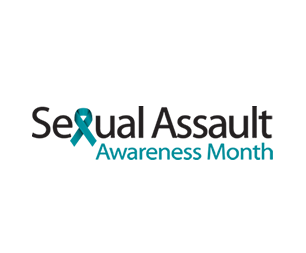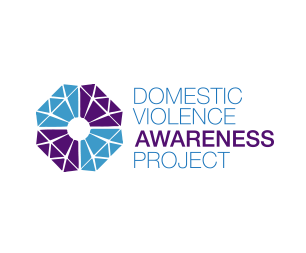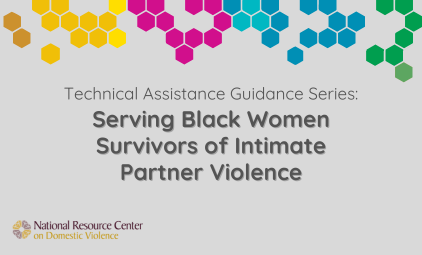Health and insurance policies at the state/territory, tribal, and federal level have the potential to promote health, preserve autonomy, and protect confidentiality for survivors of domestic violence and state/territory policymakers have an opportunity to build on federal policies for further protections for survivors. In addition, health care providers can play an important role in addressing survivors’ health, and providing a warm referral to a domestic violence agency but sometimes lack of clarity about existing laws and policies prevent them from doing so. While laws and policies vary state to state, most U.S. states have enacted mandatory reporting laws, which require the reporting of specified injuries and wounds (i.e. gunshot and knife wounds), and very few have mandated reporting laws specific to suspected abuse or domestic violence for individuals being treated by a health care professional. During this webinar, participants will hear from key partners who’ve worked to clarify laws and policies and where needed create reporting exceptions for domestic violence survivors, to ensure that patients have knowledge of appropriate resources for intervention, safety, and access to health care.
This webinar will also launch Futures Without Violence's newly updated resource, The Compendium of State/Territory Statutes and Policies on Domestic Violence and Health Care, an at-a-glance summary of state and U.S. territory laws, regulations, and other activities relevant to addressing domestic violence in health care settings. Also newly updated, Insurance Discrimination Against Victims of Domestic Violence (PDF report): authored by webinar speakers Terry L. Fromson, and Nancy Durborow, highlights the discriminatory practices of some insurance companies that penalize domestic violence victims who seek coverage and the recent changes to state and federal law. Participants will also hear a case example from Colorado in repealing a mandatory reporting law and putting in place legislation which better supports survivors and their health. Futures Without Violence has these tools available for professionals to best serve their clients and patients.
















